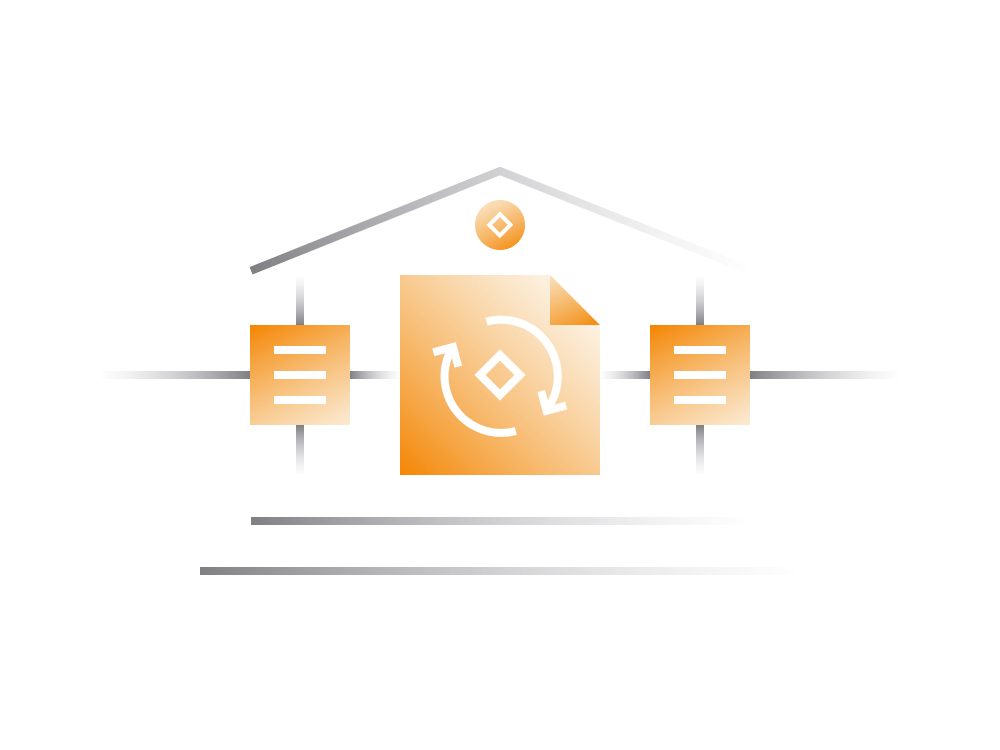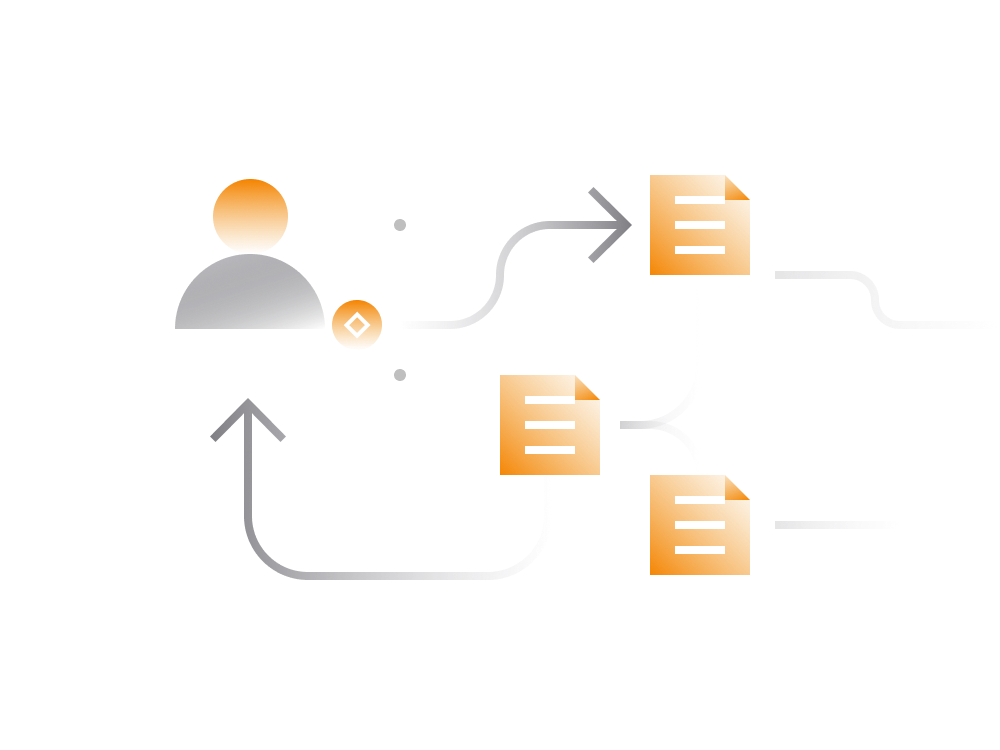
Decentralized Exchanges
Nearly all major cryptocurrency exchanges that exist today are centralized. These exchanges allow easy way to trade cryptocurrency for fiat money like USD or EUR.
Due to centralized nature the access to these exchanges is limited and highly regulated. The users on centralized exchanges are exposed to significant privacy and security issues as these exchanges are often targeted by hackers.
Emergence of decentralized exchanges opened access to cryptocurrency markets to anyone worldwide while providing substantially better security and privacy to its users.
When trading on a DEX the exchange occurs without having to rely on an entity which acts as intermediary between the buyer and seller.
-
The trades controlled by smart contracts residing on a blockchain (i.e. Ethereum) which cannot do anything outside the standard feature set.
-
Anyone with some cryptocurrency can trade on a decentralized exchange without the need to go through identity checks and other procedures.
-
Decentralized exchanges typically operate only with cryptocurrency and do not provide any means to use fiat currency.
Today there are decentralized exchanges which average over 100 million worth of USD 24-hour trading volume. More DEX related stats can be seen on DuneAnalytics.com.
As of November 2021, most popular decentralized exchanges to trade cryptocurrencies are:
There are also instruments like 1inch.exchange which can provide the best exchange prices on the market by splitting a trade order among multiple DEXes in one single transaction.
When using DEX make sure you always access the officially advertised website for the DEX.
There are a lot of fake websites for various DEXes which look just like the original one. There were also reports of numerous fake coins being listed on DEX where token listing is open to all.

Liquidity Pools
The first generation of decentralized exchanges been struggling to attract cryptocurrency traders due to low trading volumes for most trading pairs.
As a result most people been using centralized exchanges which typically have more people and therefore higher trading volumes.
Liquidity pools emerged as a solution to increase the liquidity on decentralized exchanges.
In essence, liquidity pools are fully-autonomous, human independent smart contracts which are pre-programmed to do following:
-
allow cryptocurrency owners to deposit cryptocurrency assets into a smart contract and earn passive income from these deposits without loosing access to the funds.
-
the funds accumulated in a smart contract are than used to provide instant liquidity to buyers and sellers on a DEX for a small fee that goes to depositors.
-
the depositor to liquidity pools receives liquidity pool tokens (LP tokens) representing the partial ownership of assets in the pool including a share from accumulated trading fees.
Liquidity pools have no listing fees, or other barriers: anyone can put assets into an existing liquidity pool, or create a new one. The depositor can withdraw assets together with earnings from the pool at any time.
To sum up, each trading pair on a DEX powered by a community-funded liquidity pool smart contract. Anyone can join the pool by depositing cryptocurrency assets accepted by the pool.
Pretty much all major DEXes use liquidity pools to provide liquidity for the token trades.
Below, let's look at some of the most popular DEXes operating on Ethereum blockchain.
Uniswap Exchange
The biggest and one of the most decentralized cryptocurrency exchanges. Exchange operators cannot censor service users nor shut it down.
Exchange lists a lot of cryptocurrency tokens and has a free listing policy, allowing anyone to list any token and provide liquidity for it.
For traders, it costs 0.03% of the traded amount to execute an exchange transaction on Uniswap.
Read: Uniswap in Simple Terms
Curve Finance
Another major DEX that only supports stablecoins. Curve provides best prices when trading large amounts in stablecoin cryptocurrencies.
Liquidity pools on Curve are somewhat more profitable and can offer slightly better returns on deposited assets.
Curve has a governance token which is aimed at decentralizing various aspects of the platform which are not yet decentralized.
Read: Curve in Simple Terms
Balancer
Uniswap like DEX for trading all kinds of Ethereum-based tokens but with lower exchange fees.
Just like Curve and Uniswap, Balancer has a custom mechanism for liquidity pools.
One of the key uniques selling points of Balancer lies in ability to create cryptocurrency index funds without undertaking complex re-balancing actions.
Read: Balancer in Simple Terms



